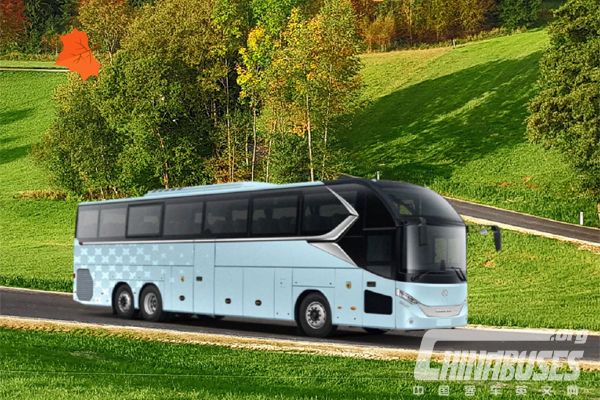Ankai Bus has achieved cumulative sales of 4,249 units from January to October 2024, representing a year-on-year increase of 28.68%.
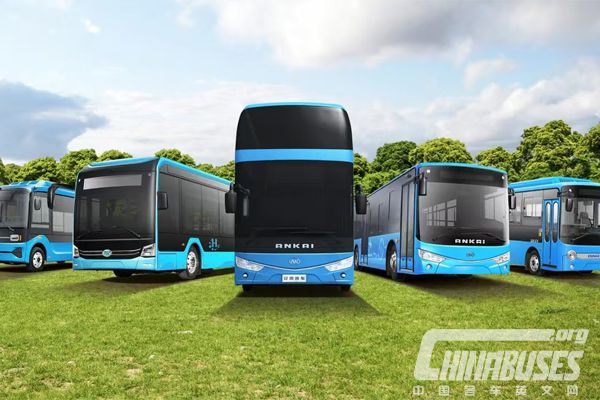
As a leading player in China bus manufacturing industry, Ankai Bus has prioritized technological innovation since its inception. It has established three national-level research and development platforms: the National Enterprise Technology Center, the National Engineering Research Center for Electric Bus Integration System, and the National and Local Joint Engineering Research Center for Electric Bus System Development and Application. The company has undertaken more than 50 national and provincial key research projects, presided over and participated in the formulation of over 30 national industry standards, making it a technological leader in the bus sector.
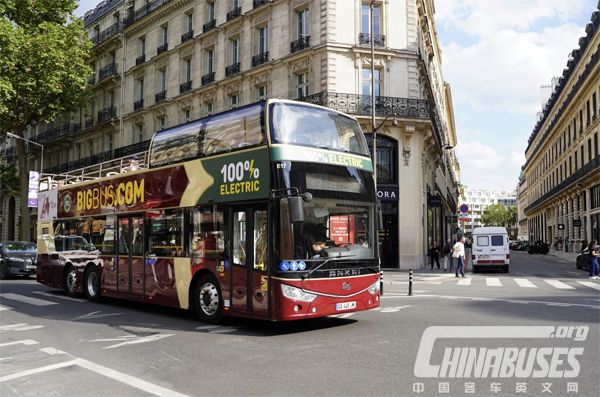
To date, Ankai Bus has obtained numerous high-value invention patents, with a total of 1,048 valid patents, including 394 invention patents. In areas such as energy management, vehicle control systems, data acquisition, power batteries, drive motors, intelligent driving, and hydrogen-fueled buses, it has applied for a total of 547 new energy patents.
Benefiting from these numerous independent innovations, Ankai Bus has been able to keep pace with the times. It was among the first in China to layout new energy buses and was one of the earliest companies to obtain new energy bus announcements. Currently, Ankai Bus has completed the development of four generations of electric drive systems, four generations of vehicle control systems, and seven generations of pure electric buses. Driven by technology, the company has continuously improved product quality, earning recognition from numerous users.
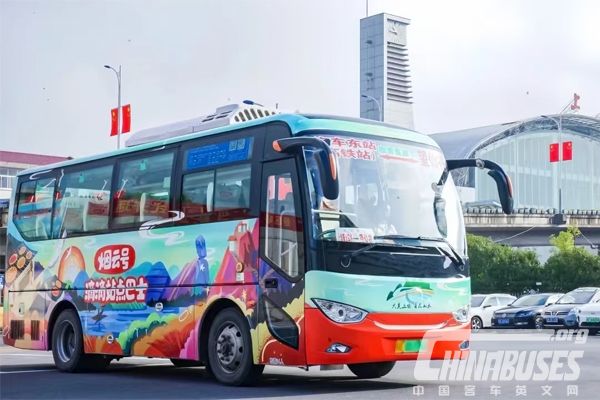
Currently, intelligence serves as a strategic pivot for the development of automotive companies. Building on its profound technological accumulation, Ankai Bus has taken the lead in deploying autonomous driving and actively promoted the application of 5G+ autonomous driving technology, seizing the high ground of industry development. As early as 2017, Ankai Bus conducted a trial run of autonomous buses on public roads in Shenzhen, Guangdong, which was a global first. In 2020, Ankai's autonomous buses were put into regular operation on Anhui's first 5G open road demonstration line for autonomous vehicles, providing strong support for the commercialization of autonomous vehicles in the region.
Ankai Bus has also developed an L4 autonomous bus equipped with a 500+TOPS automotive-grade computing platform, laser radars, millimeter-wave radars, ultrasonic radars, and visual perception devices. Through artificial intelligence, automatic control, and visual computing, the bus can navigate complex road scenarios, perform autonomous obstacle avoidance, lane changing, emergency braking, and automatic stopping at stations, demonstrating driving skills comparable to experienced drivers and significantly promoting the upgrade of urban intelligent transportation.
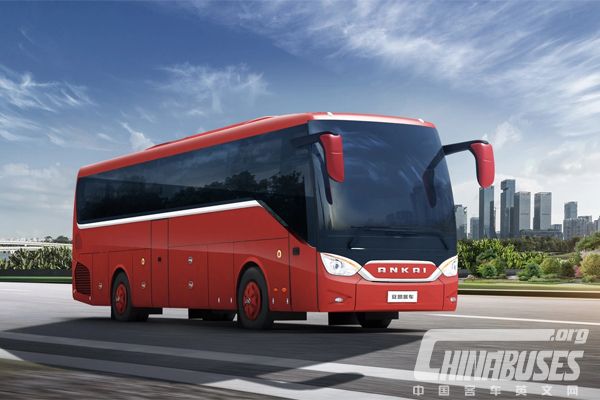
Guided by market demand, Ankai Bus has built a comprehensive product matrix through technological empowerment to deeply explore various market segments and promptly respond to market needs. In the context of "Tourism+", public tourism demands have become diversified and personalized. Ankai Bus has continuously optimized its product line, introducing high-quality buses such as the A6, A8, and A9 to inject new vitality into tourism development across various regions. Take the N8 series of high-end tourist highway buses as an example; they offer refinement, efficiency, safety, and comfort, providing passengers with an "experiential" travel experience and greatly enhancing the quality of travel. This year, the N8 series has undergone further upgrades, incorporating Ankai's unique fourth-generation full-load-bearing patented technology and high-strength steel for the vehicle frame, making it lighter and safer. The buses also innovatively feature a dual front windshield design, further enhancing the riding experience. The operation of the dual front windshield N8 buses has further promoted the innovative development of "Tourism+".
